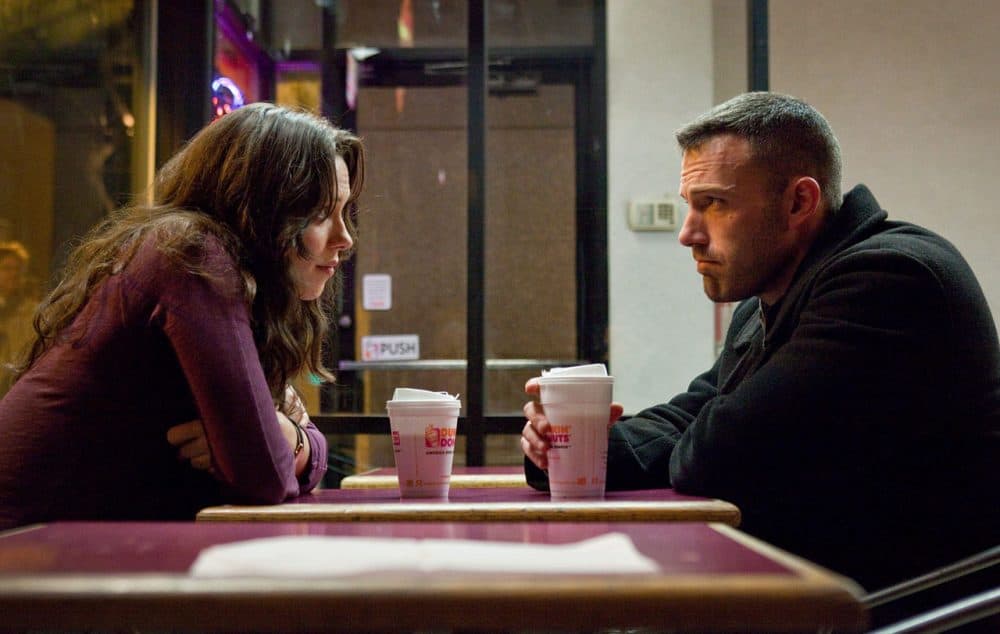Advertisement
Gov. Baker Proposes Eliminating Film Tax Credit
Resume
Gov. Charlie Baker's first budget includes a proposal to double the state's earned income tax credit for low-income working families. To pay for it, he wants to phase out the state's controversial film tax credit.
The tax incentive was enacted in 2006 to attract big-budget Hollywood productions to Massachusetts. We’ve since seen a parade of famous actors and film crews on location in the state, shooting movies like "Black Mass," "The Town" and "American Hustle."
Baker says doubling the earned income tax credit and phasing out the film tax credit — which provides a 25 percent rebate for production costs, payroll and other expenses racked up while shooting in the state — would primary help single mothers who work.
"It's one of the best ways I can think of for the commonwealth to send a loud message about wanting to make work pay, especially for those who are working hard every day to pay the bills and pay the rent," Baker said.
The governor doesn't believe the film tax credit is an efficient job creator, and that it costs the state more for each job produced than most of those jobs pay.
Noah Berger, of the Massachusetts Budget and Policy Center, agrees with Baker's proposal.
"It strengthens the economy because the money that we provide to those low-wage working people they spend right in the local community," Berger said. "And I think this is a good example of looking at how we’re spending our economic development resources and saying, is there a better way of spending $80 million than subsidizing Hollywood movie producers?"
But supporters of the film tax credit argue it has created thousands of jobs for working families in Massachusetts, and that it helps local businesses, like restaurants, that support the industry.
Chris O’Donnell is with the International Alliance of Theatrical and Stage Employees Local 481, based in Woburn. His union represents about 900 film crew members who work in the state, and he warns that many of those jobs would be lost.
"If the state changes its policy in mid-stream, it sends a dangerous message to businesses both in the state and out of the state about their commitment to an industry," O'Donnell said.
Gov. Bakers questions whether that's true. He says the tax credit is not what's drawing Hollywood to Massachusetts.
"American Hustle" producer George Parra, who's working on another film here now, disagrees.
"He’s completely wrong," Parra said. "Because if there are a half dozen other states offering a rebate, why would you come here? If that goes away, we’ll end up in Atlanta, Louisana."
The film tax credit has been heavily criticized in this state since the beginning. Its true economic benefit is actually tricky to calculate because of the trickle-down impact on very small businesses and communities. It’s also tough to put a dollar sign on the value of the exposure Massachusetts gets every time its coastlines or architecture are splashed across the big screen.
This segment aired on March 4, 2015.
